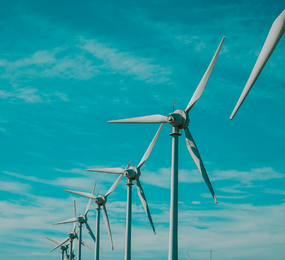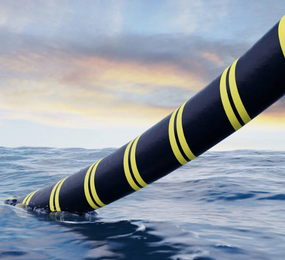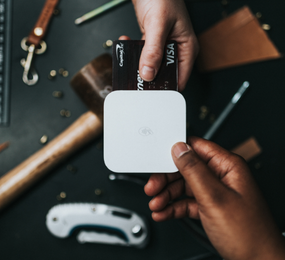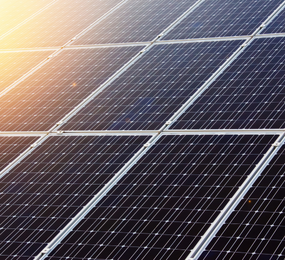The build up of plastic debris in the ocean results in a variety of issues, including the release of hazardous chemicals and the accidental death of wildlife. It can even enter our bodies via contaminated fish.
In order to achieve the goal of a "circular" plastic economy, where polymers are made from and then recycled back into biomass, biodegradable plastics can help to alleviate these issues.
Using biodegradable plastics might be essential to implementing the desired circularity model. Discussing plastic biodegradation just from the perspective of "leakage into the environment" will not assist in the implementation of effective circular waste management. As a result, EUBP requests that the European Commission emphasise circularity when talking about the biodegradation of plastics and take into account organic recycling (industrial composting and anaerobic digestion) as well as tried-and-true products and uses for biodegradable goods that are approved in accordance with standardised criteria (EN 13432) and labelled as such.
Biodegradable polymers shouldn't be used for all packaging. However, there are a number of essential goods and uses that can significantly increase the advantages and contributions of biodegradable plastics to a circular economy. The list that follows can assist to make the discussion more specific and demonstrate how biodegradable plastics help to prevent and minimise waste.
Fruit and vegetable bags, biodegradable biowaste bags, and lightweight carrier bags
Plastic bags made from compostable biowaste aid in the separate collecting of organic waste. They are a practical, sanitary, and hygienic instrument that enables homes to collect more yard and kitchen garbage while lowering the rate at which traditional plastics are discarded in organic waste streams. Similar to compostable produce bags, lightweight carrier bags are first used by customers to transport shopping home before being used to collect biodegradable food and kitchen waste.
Capsules for coffee and tea bags
It can be challenging to separate the organic material (coffee or tea remnants) from the capsules or bags after they have been consumed, which causes misunderstanding regarding how to properly dispose of them and causes misthrows. The same functionality is offered by totally compostable plastic coffee capsules and tea bags while also providing an alternative that can be recycled naturally together with the organic content. As they encourage microbial activity throughout the composting process, coffee and tea waste are highly wanted in industrial composting plants.
Fruit labels made of compost
As consumers rarely remove these labels from fruit peels before throwing them in the bio-waste, using fruit labels composed of conventional, non-biodegradable plastics results in considerable amounts of plastic being dumped in bio-waste bins. Fruit peels and compostable fruit labels can be dumped together without contaminating the bio-waste stream. Compostable fruit labels can remain connected to the fruit peels.
A prime illustration of how more efficient biocatalysts and environmentally friendly solvents might help create a circular economy in a significant industry is the new techniques for making biodegradable plastic. Join us on 1st - 2nd March, 2023 for the World Biopolymers and Bioplastics Innovation Forum, in Berlin, Germany so you don't feel left out in the industry!
To register or learn more about the Forum please check here: https://bit.ly/3TQ1k8m
For more information and group participation, contact us: [email protected]
















